My design philosophy…
Every garden designer brings something unique to their work through their approach to design.
Their background, personality and interests will inevitably differ from those of others.
And we never stop growing and exploring, that’s the fun part of being creative!
My approach to garden design could be summed up into three guiding principles.
They reflect values important to me in everything I do…
Beauty
We have an innate need for beauty in our lives.
What we find beautiful will be influenced by many factors, but for me beauty is closely aligned with simplicity and its understated elegance.
How does that translate into garden design?
A clear layout combined with a restricted palette of materials and plants will create a peaceful and relaxed atmosphere in any garden.
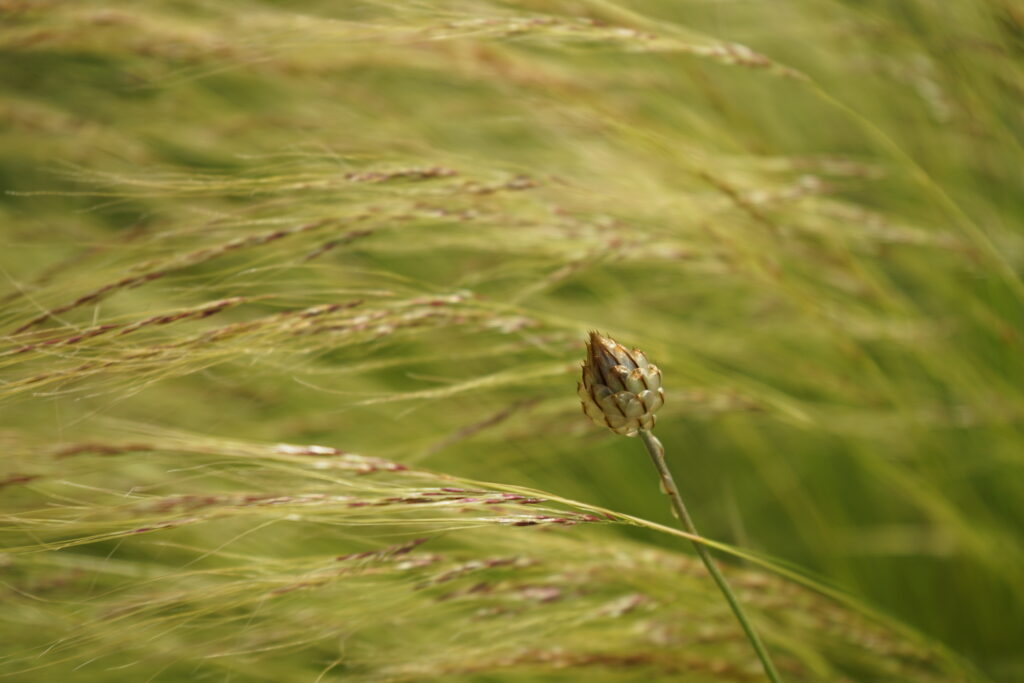
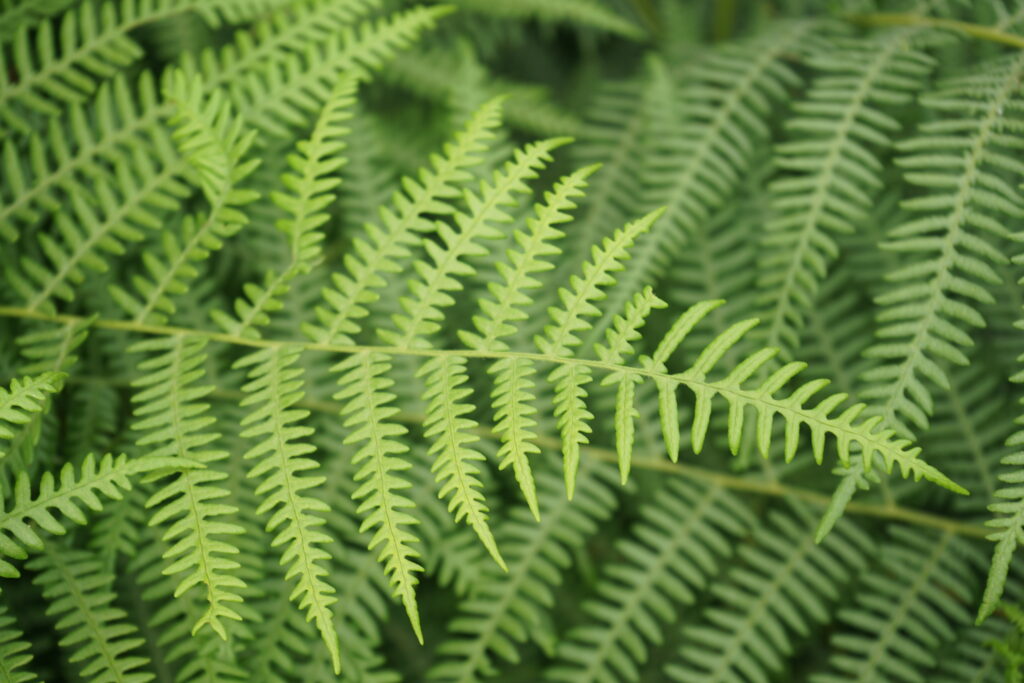
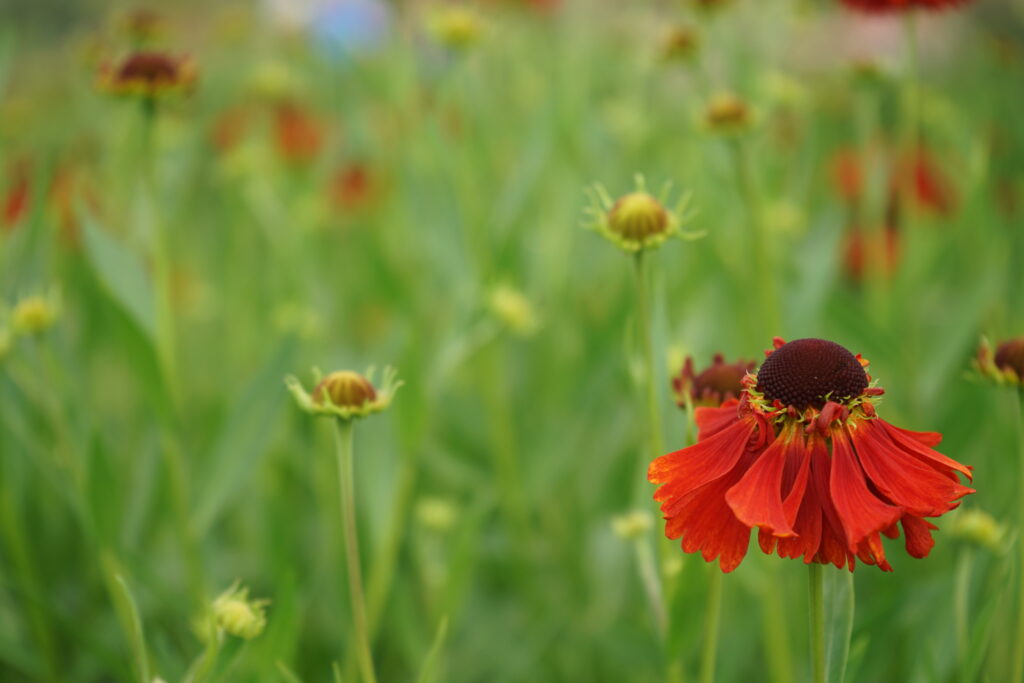
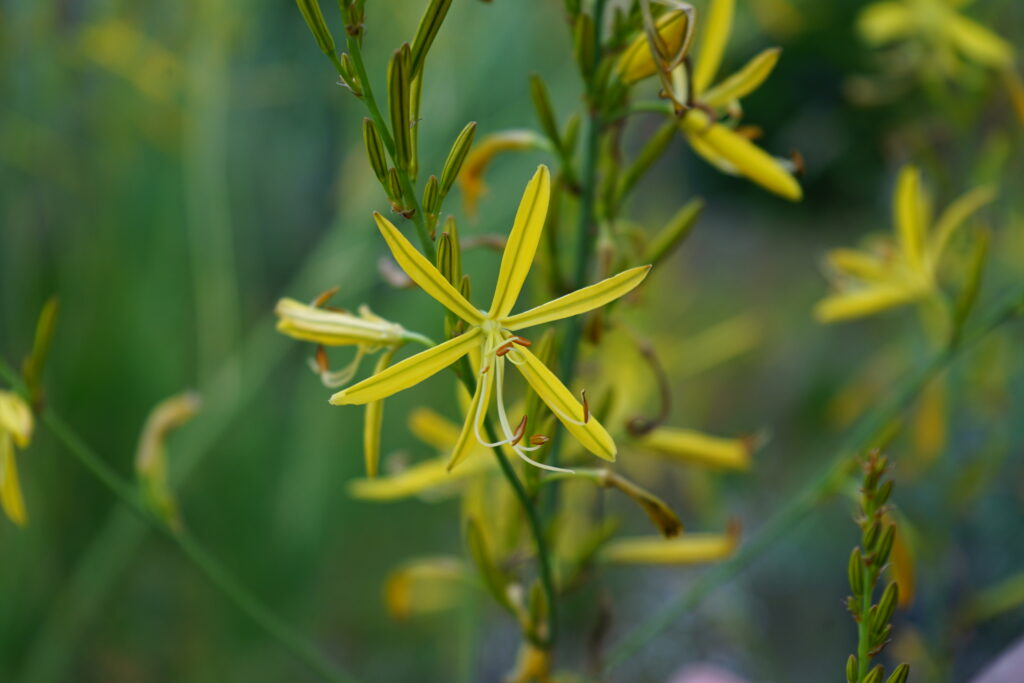
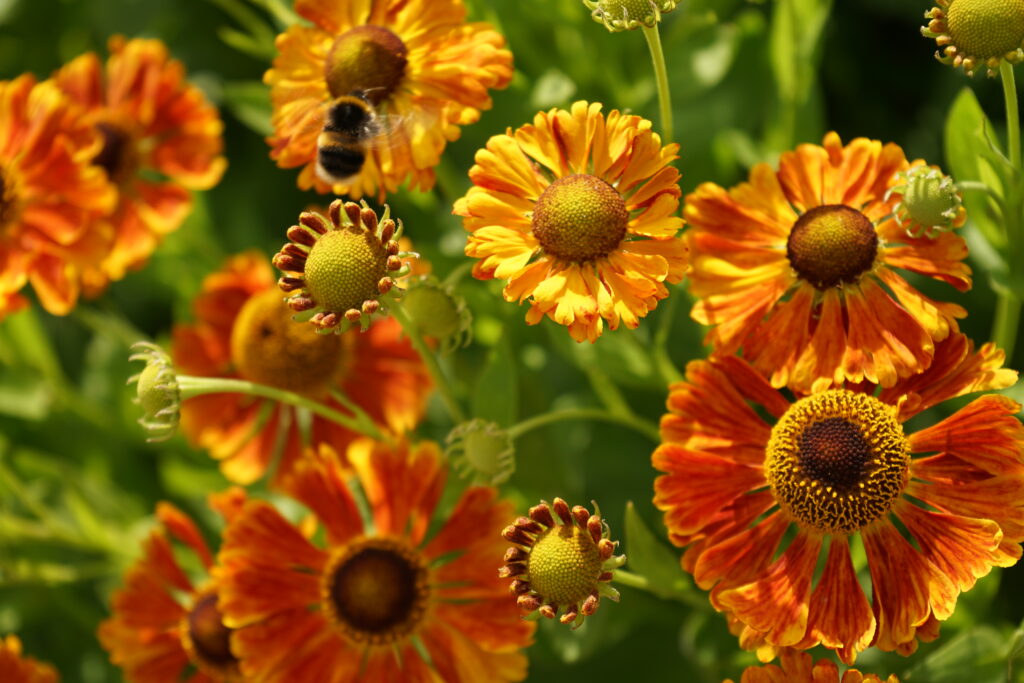
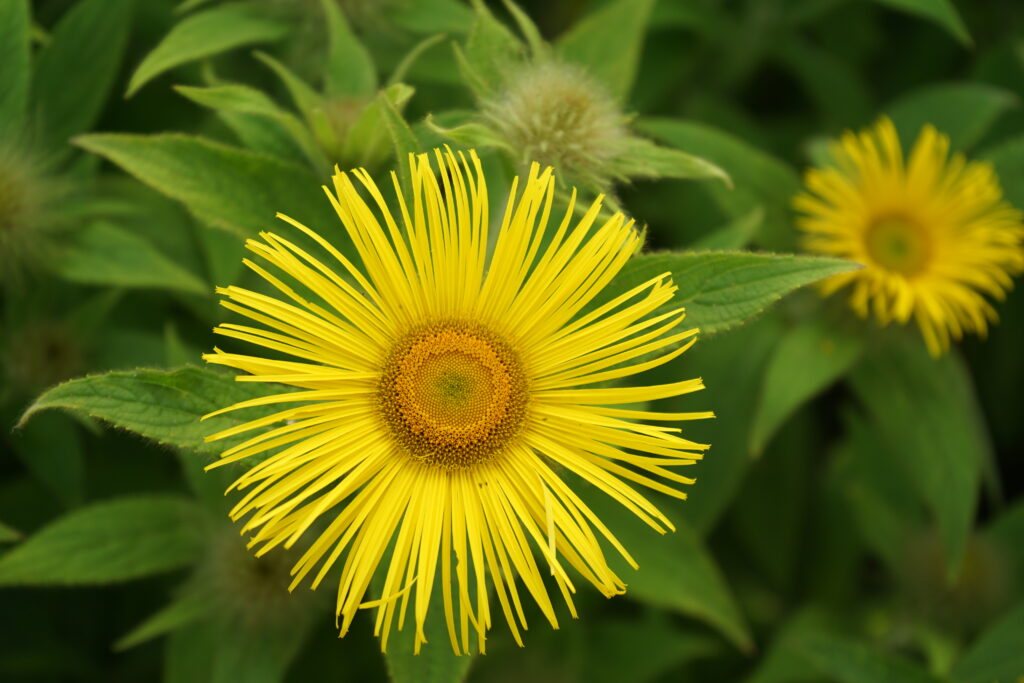
The beauty of plants draws us into the garden so that we can marvel at their colours, textures and patterns…
Their beauty lies in the detail, which you can only really appreciate close up and at your leisure!
Authenticity
Just as designers are unique, so are you and your property.
What follows is that the design for your garden should reflect you as a person while creating harmony between all its elements and the surrounding landscape.
This is not always easy to achieve but it becomes possible with careful research, good communication and a thoughtful design process.

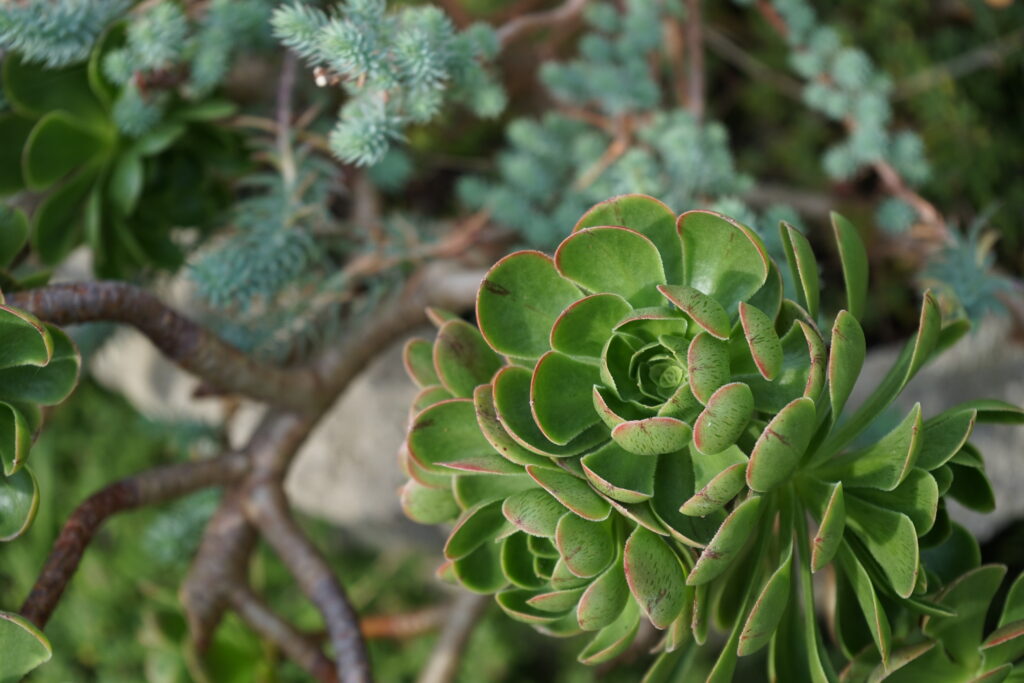
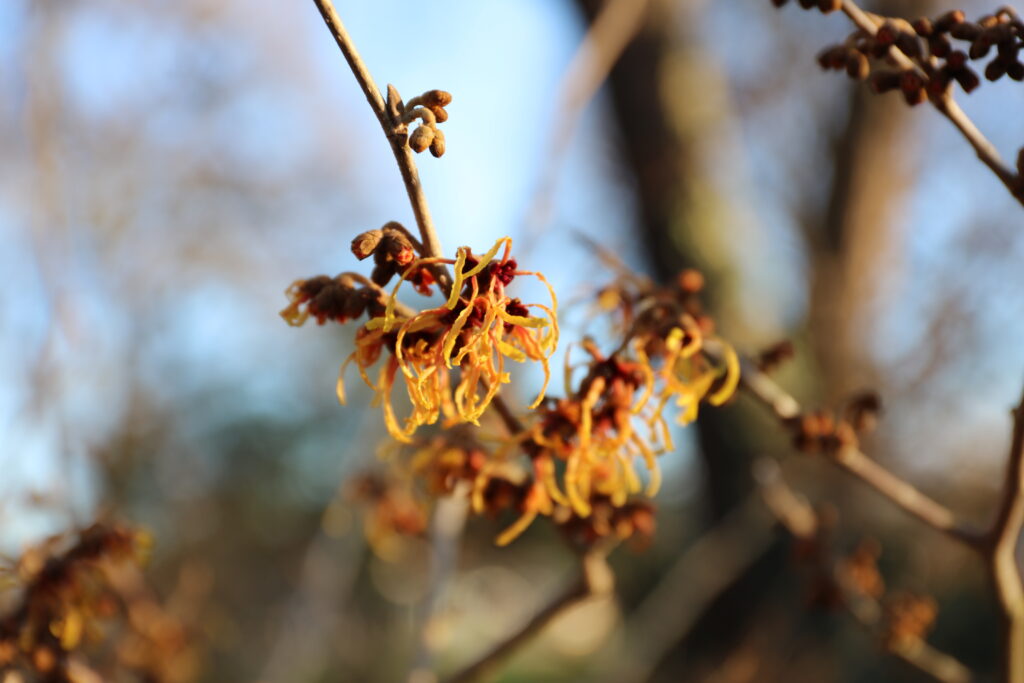
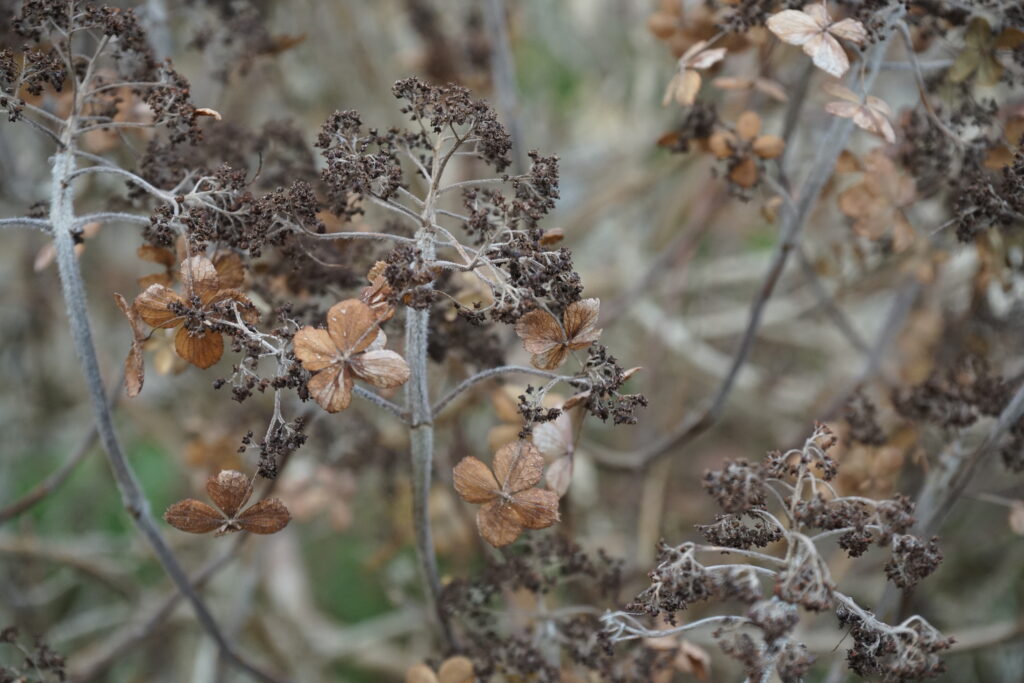
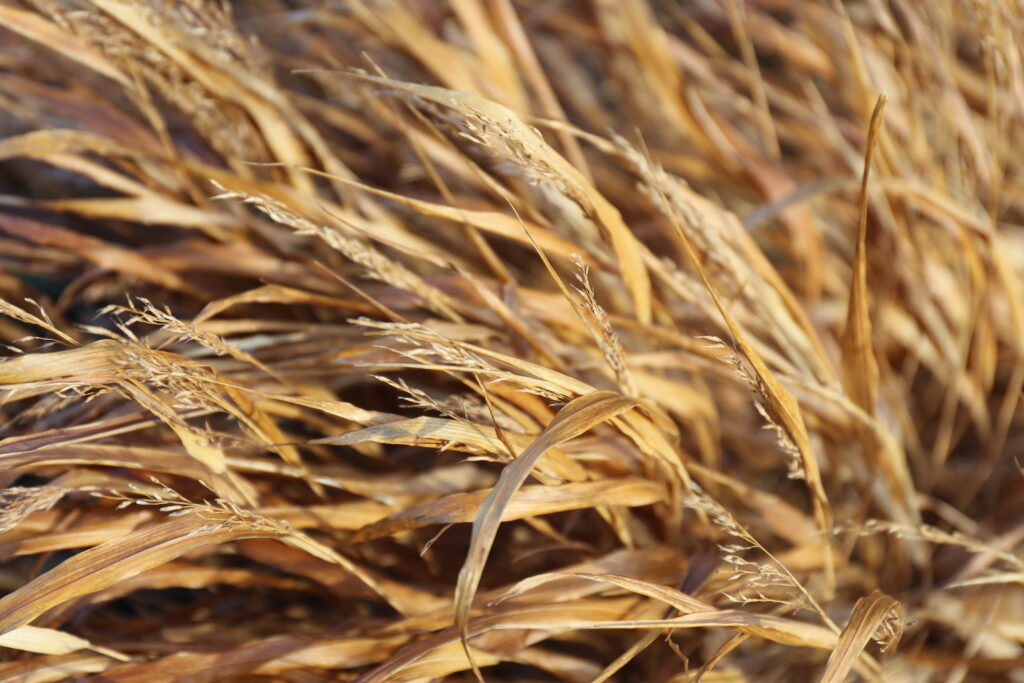
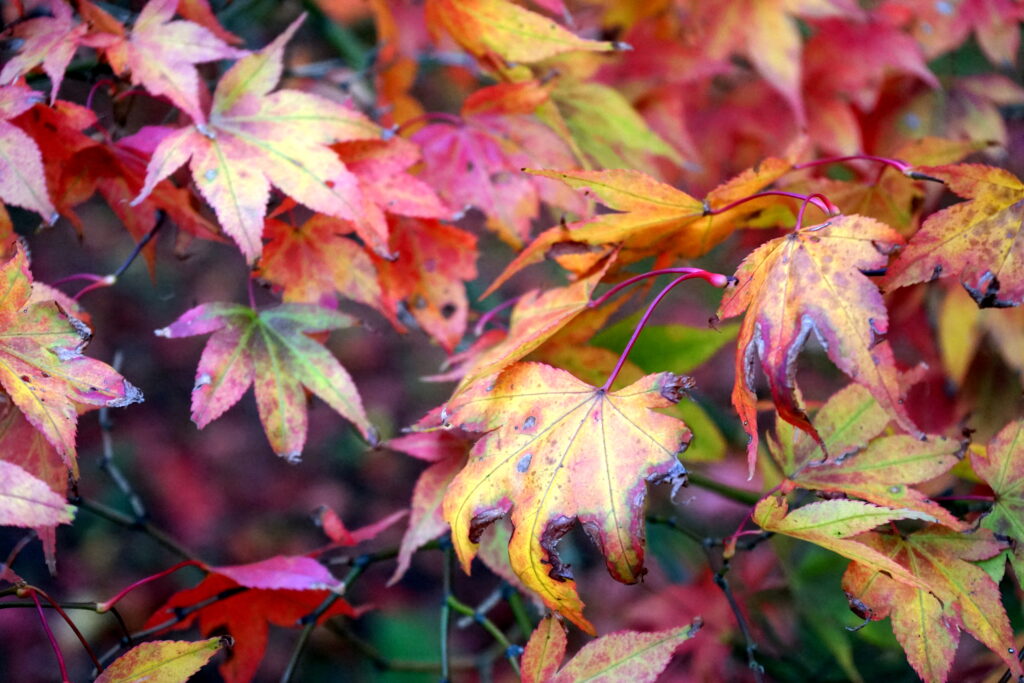
Authenticity in design can be expressed in many different ways…
Responding to the wider landscape, climate and soil type in your plant selection is one of them!
Kindness
By being kind to our planet and all of its inhabitants, we are being kind to ourselves!
As part of my design process, I give careful thought to how the environmental impact of building and maintaining the garden can be minimised.
This can be achieved in a variety of ways and the ultimate choice of methods used will depend on the specific requirements of the project.
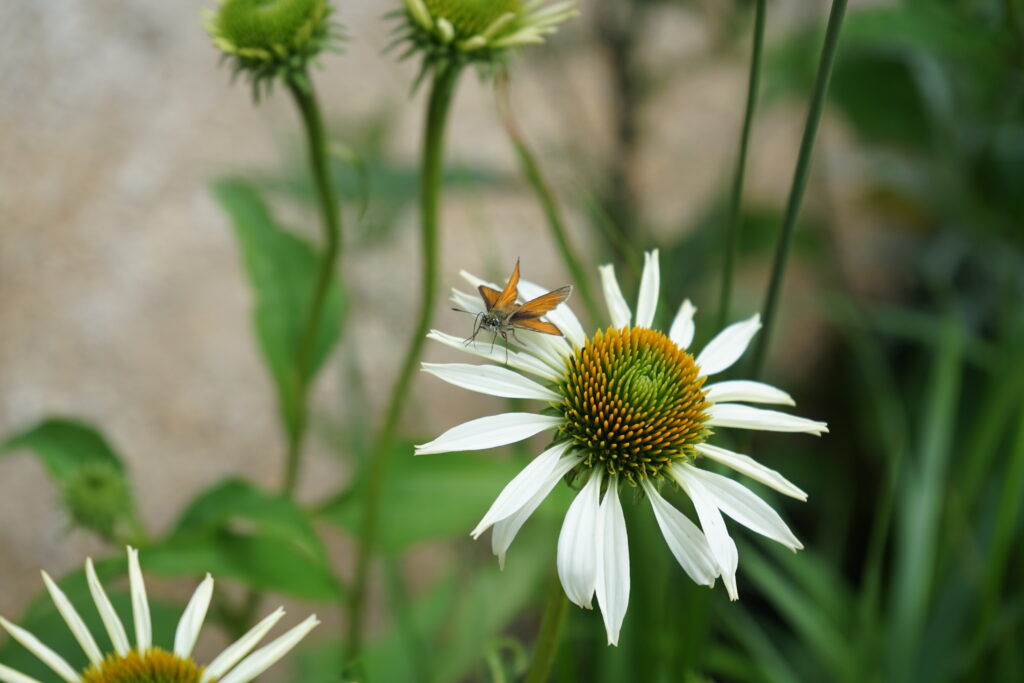
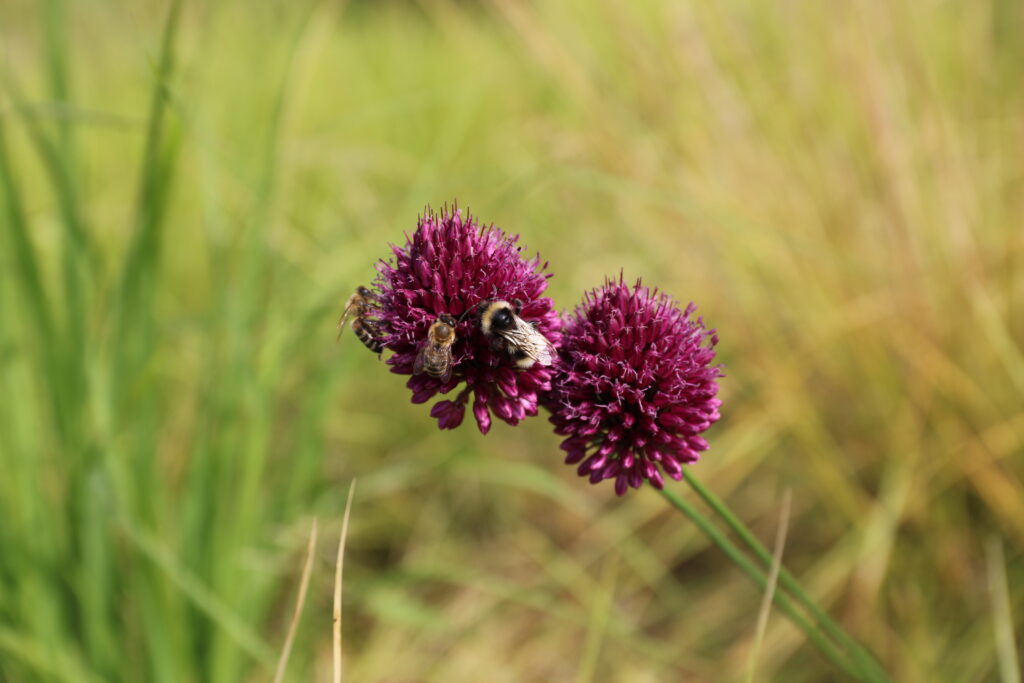
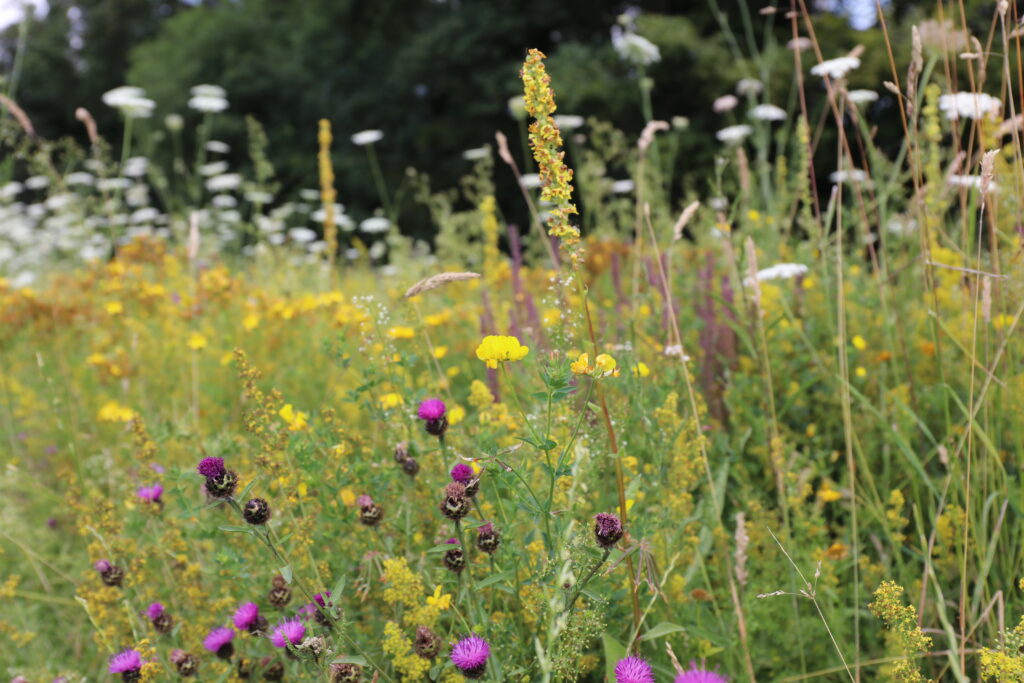
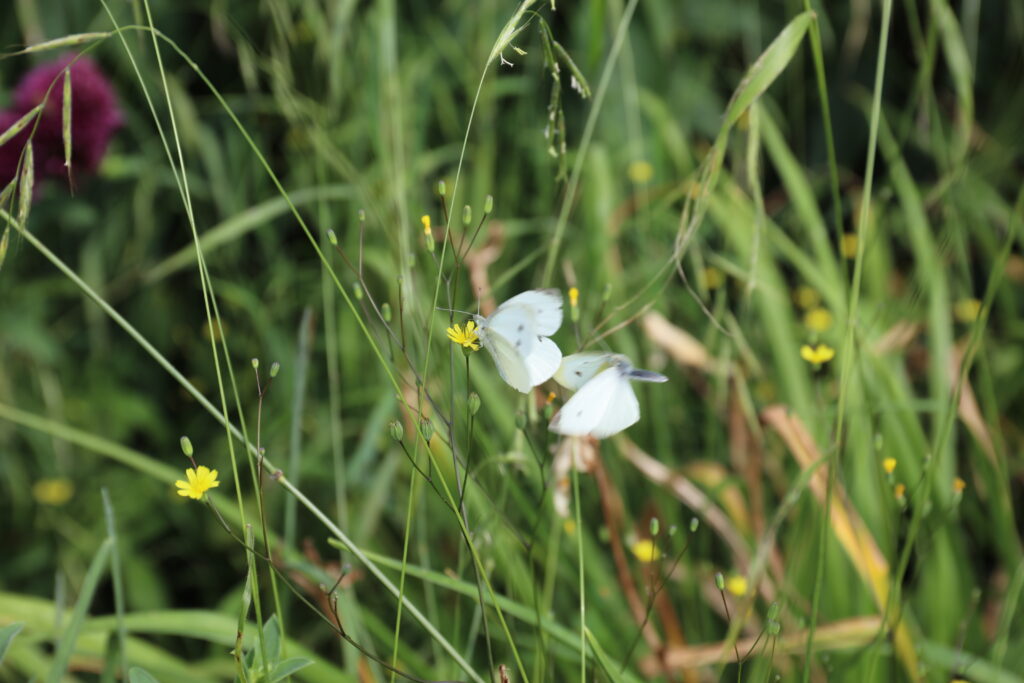
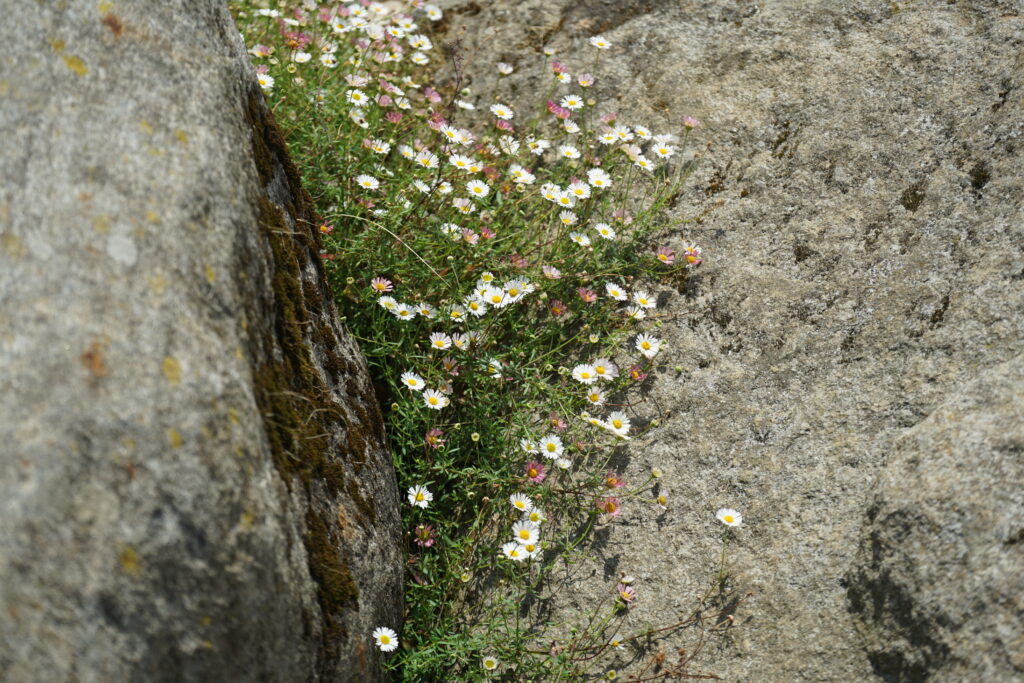
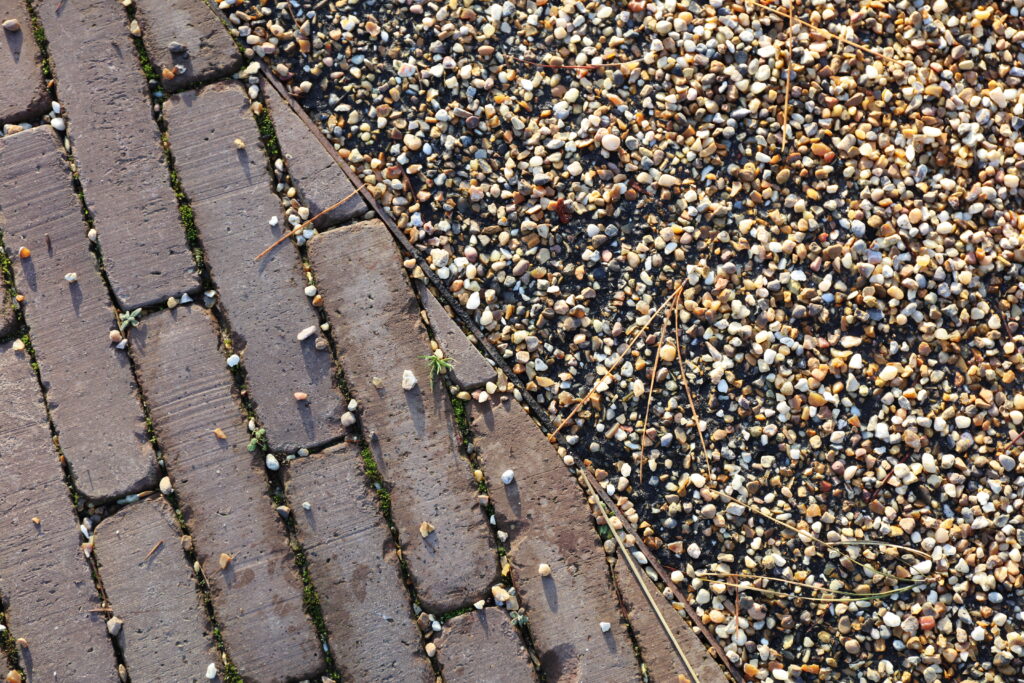
The choice of landscaping materials and plants can have a positive impact on the biodiversity of the garden.
Permeable paving and maximising the flowering season of the plant palette helps to achieve just that!
There are obviously many other principles I could add to the list above, but I feel these three encompass my design philosophy really well.
But how does all this translate into a design process?

